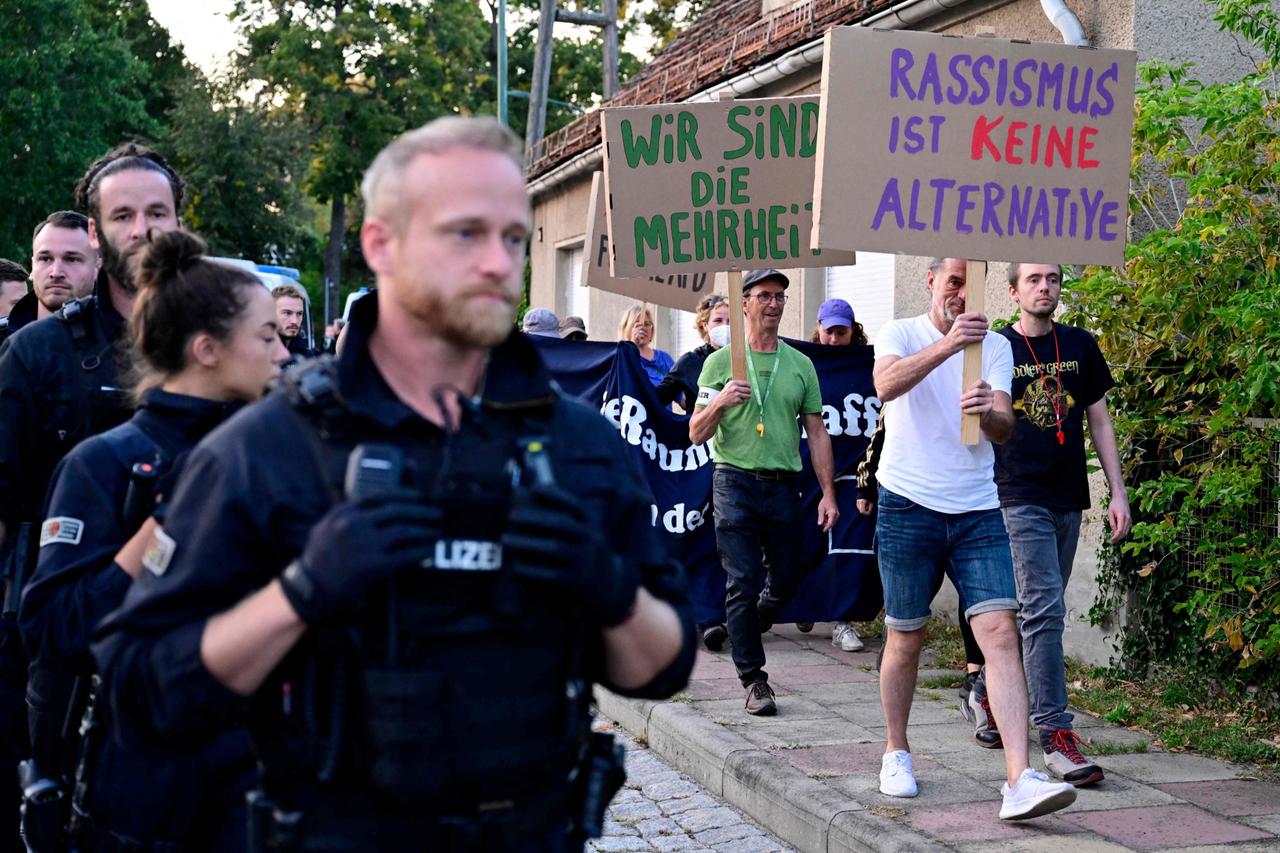
A new study by Siegen University in Germany shows that applicants with Turkish or Arabic names face significant discrimination when applying for jobs.
The research, titled “Educational Places: Origin More Important Than Performance”, analyzed more than 50,000 applications sent under different names to companies and institutions.
Applicants with German-sounding names received more replies than those with names suggesting a non-European or Muslim background.
Researchers found that employers often focused on perceived origin or religion rather than school grades or qualifications.
Dr. Ali Zafer Sagioglu, director of the Center for Migration Studies at the Migration Research Foundation, told Anadolu Agency that the findings prove that “people whose names clearly indicate they are not European are kept in a separate tier” and denied equal career opportunities.
He noted that Arabs, Turks, and Russians face higher rates of rejection or no response. “The study proves that those whose names reveal they are Muslim or non-European face significant career discrimination,” he said.
Migration expert Sagioglu warned that Islamophobia represents a specific and targeted form of bias.
“People are discriminated against solely because they are Muslim—culturally and religiously. This is a painful reality that must be addressed,” he said. He connected the persistence of such prejudice to the rise of far-right political rhetoric after the 2015 refugee influx and the COVID-19 pandemic, both of which fueled anti-immigrant sentiment.
He said that while some European countries have taken steps to address racism, “the results demonstrate that people from outside Europe are still not fully accepted here. Even after decades, they continue to face discrimination.” Sagioglu added that Europe has “a long way to go” in ensuring equality, democracy, and human rights.
Germany hosts about 2.8 million people of Turkish origin, the largest overseas Turkish community in the world. Many are descendants of workers who arrived in the 1960s and 1970s to fill labor shortages. About half still hold only Turkish passports. The community often reports anti-Muslim and anti-Turkish threats, as well as attacks on diplomatic missions, homes, businesses, and places of worship.
Sagioglu urged the German government to simplify hiring procedures for foreigners and introduce incentives for employers.
He explained that bureaucratic barriers and additional procedures for hiring non-German workers can discourage companies from employing foreigners. “If a company has to go through extra steps to hire a foreigner, that can lead to reluctance,” he said.
He stressed that education plays a central role in changing discriminatory attitudes. “From primary school to university and into professional life, awareness must be built to challenge prejudice,” Sagioglu said.
He also called for firm government policies and legal reforms to remove discrimination from state institutions. “Unfortunately, this racism is becoming further embedded in politics and expanding its influence,” he said.
Earlier studies by European institutions have shown that Turkish people and other Muslim migrants face the highest rates of discrimination in the EU. This bias affects not only job recruitment but also education, political participation, and daily life.
Experts warn that the influence of far-right rhetoric in mainstream politics normalizes such prejudice and deepens the challenges facing migrant communities.